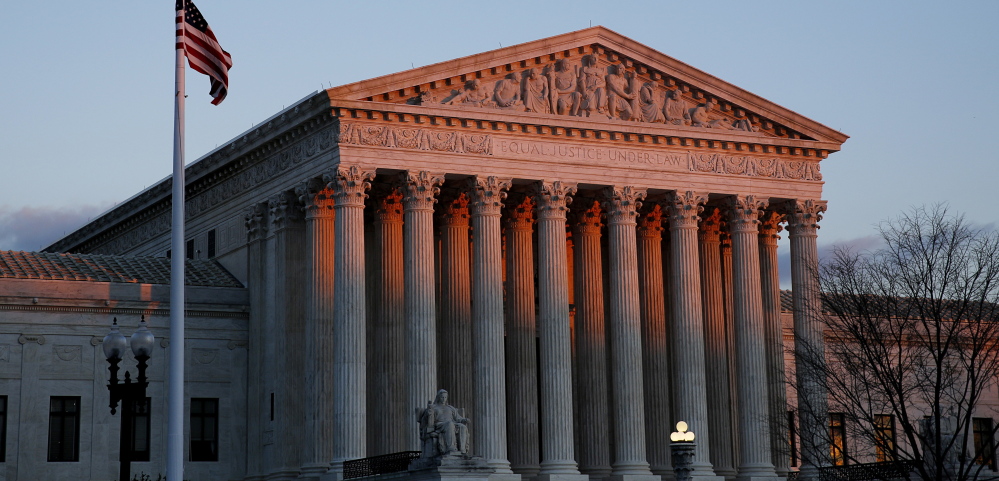It seems self-evident that the work day runs from the time you are required to arrive at work until the time you are allowed to leave. But the U.S. Supreme Court disagrees, and workers are worse off for it.
The court ruled 9-0 on Dec. 9 that Integrity Staffing Solutions does not have to pay its warehouse employees for the time they spend waiting in line for security screenings at the end of a shift. The mandatory screenings, designed to prevent theft, can take as long as 25 minutes, according to the employees who filed the lawsuit.
Writing for the court, Justice Clarence Thomas said it did not matter that the employees were required by their employer to wait in the lines. What matters, he said, is that the screenings are not “tied to the productive work that the employee is employed to perform.”
NO CHOICE
In essence, the court is arguing that the screenings were not necessary for the workers to complete their tasks, which in this case was filling orders in the warehouses for online retailer Amazon.
That’s true enough – Integrity Staffing could have ended the screenings, and the employees still could have done their jobs, and gained almost a half-hour or so of personal time every day. But the company chose not to, and employees had no choice but to wait in line, without compensation, if they wanted to stay employed.
The ruling is based on the 1947 Portal-to-Portal Act and a subsequent interpretation that said employers have to pay only for actions that are an “integral and indispensable part of the principal activities for which covered workmen are employed.”
The Portal-to-Portal Act came in response to earlier Supreme Court decisions that required compensation for a wide array of work-related activities. A clearer definition of the work day was needed, and under the act, time traveling to and from work or spent on other activities incidental to work was not compensable.
Employees who worked with toxic materials, for instance, were to be paid for the time it took to clean off after a shift, because being able to work safely with hazardous materials is a crucial part of the job.
In this interpretation, pay is not required for security screenings, because the screenings do not in any direct way help workers get books, toys and electronics in the right shipping container.
“Employees could skip the screenings altogether without the safety or effectiveness of their principal activities being substantially impaired,” wrote Justice Sonia Sotomayor, in a concurring opinion to the court’s ruling.
NO LEVERAGE
If that is the law, then it needs to be changed.
Ideally, what is and what is not considered part of the work day would be part of a negotiation between the company and the warehouse workers. Ideally, the company would have some incentive to minimize the time spent in security screenings, if only to maintain worker morale. Integrity Staffing could have hired additional security personnel, or staggered the ends of shifts.
But as long as the company does not have to pay for the screenings, it has no reason to limit the time employees have to wait. The warehouse workers have no leverage — they either have to hand over as much as five hours per week of their own time to the company, or go without work.
That’s a familiar refrain at a time when employees are increasingly unrepresented and, like the warehouse workers, low-wage and often part-time or temporary. In these cases, it’s easy for employers to forget about the well-being of their employees, and the Supreme Court just made it easier.
Send questions/comments to the editors.



Success. Please wait for the page to reload. If the page does not reload within 5 seconds, please refresh the page.
Enter your email and password to access comments.
Hi, to comment on stories you must . This profile is in addition to your subscription and website login.
Already have a commenting profile? .
Invalid username/password.
Please check your email to confirm and complete your registration.
Only subscribers are eligible to post comments. Please subscribe or login first for digital access. Here’s why.
Use the form below to reset your password. When you've submitted your account email, we will send an email with a reset code.